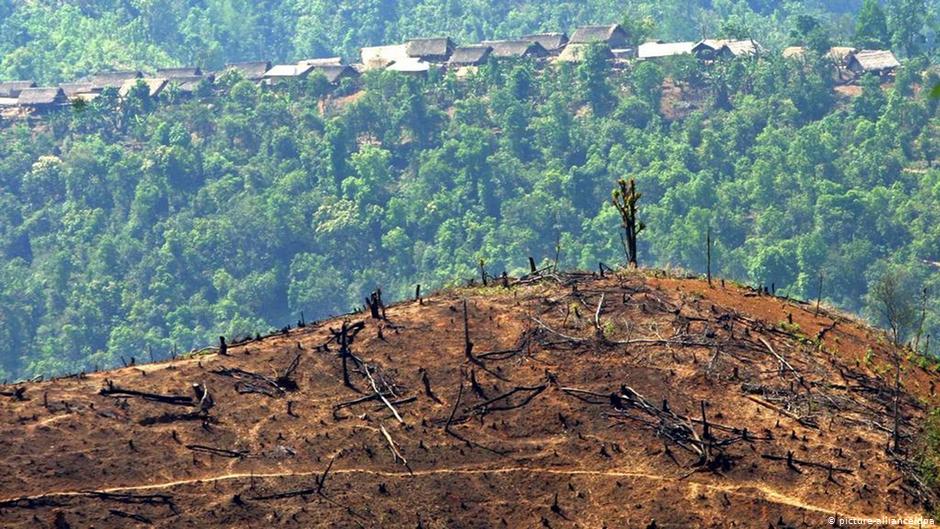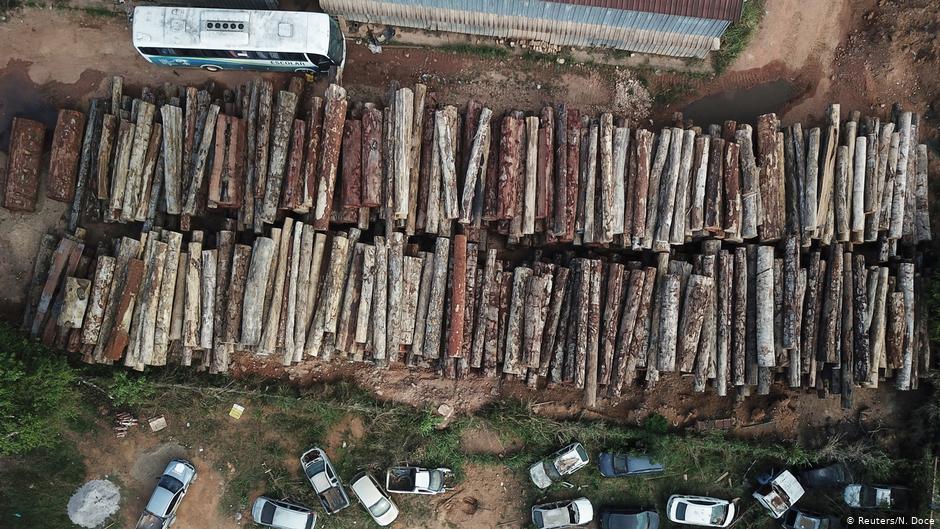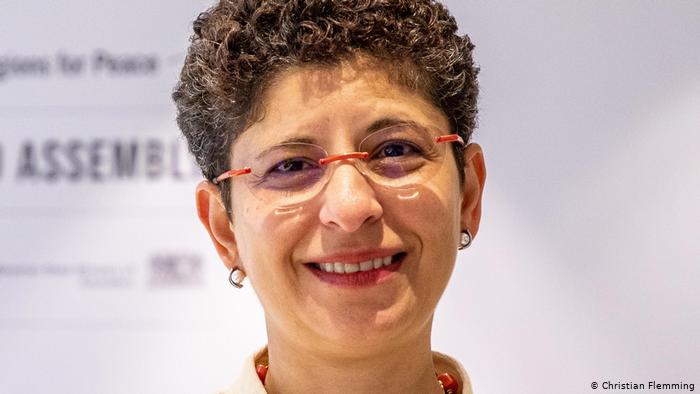Opinion: Faith, COVID-19 and the push for a healthy environment
April 30, 2020This op-ed was originally published by Deutsche Welle.
Faith is helping many through the coronavirus pandemic — and it can also be instrumental in climate protection, say UNEP’s Inger Andersen and Azza Karam of Religions for Peace in a guest commentary.
Faith provides spiritual and practical support to billions of people, especially in times of crisis. We are seeing this in action yet again as churches, mosques, temples, other places of worship and faith-based organizations around the world offer support, food, housing, donations and medical services during the pandemic. Such solidarity is sorely needed as millions suffer the physical, economic and emotional toll of COVID-19.
But faiths, and those who lead them, have a greater role to play. They can and must help prevent worse crises from happening in the future by wielding their huge influence to improve humanity’s stewardship of the planet.
Inger Andersen, UNEP’s executive director, says the pandemic response needs to fix our relationship with the planet
COVID-19, along with many previous diseases that were transmitted from animals to humans, is a result of how we mismanage our natural habitat and the living beings in it. Whether you look at this pandemic, the recent Australian bushfires, the hottest January on record or the worst locust outbreak in the Horn of Africa in decades, the planet is sending us an urgent message: If we do not take care of nature, we cannot take care of ourselves.
We would be wise to heed this call. Our long-term response to COVID-19 must be to fix our relationship with the planet. This repair job should be a whole-system response made up of many parts.
Economic recovery stimulus packages must support investments in renewable energy, smart buildings and infrastructure, green and public transport.
In the last few years, deforestation in the Amazon rainforest has surged to its highest rate in more than a decade
The worldwide animal market, where thousands of species are bought and sold every year, is a serious threat to biodiversity
We must shift our production and consumption habits — buying less, wasting less and repurposing more — as many of us are doing during lockdown restrictions. We must restore our forests and invest in protected areas. And we must tackle the illegal trade in wildlife and forest resources and improve hygiene conditions in the legal trade.
Pushing for Proactive Engagement
Faith leaders and communities are proving to be crucial to all of these systemic changes because they have the authority to impact the behavior and attitudes of billions of people. Their institutions are among the oldest and most long-standing and provide essential services to billions of people around the globe, making them essential partners in normal times as well as in an emergency.
Faith-based organizations own a large number of educational institutions, so they can lead on efforts to raise awareness about the linkages between human health and planetary health. In all parts of the world, they own and manage health institutions that are fighting the current pandemic by providing medical care to the hardest-to-reach communities.
One example of proactive engagement and intercountry collaboration is the Interfaith Rainforest Initiative, a global partnership that includes the UN Environment Program (UNEP) and Religions for Peace working to protect the world’s remaining rainforests and the rights of the indigenous peoples that serve as their guardians.
Such initiatives are a good start, but we can do more.
As things stand, humanity, in its hubris, is tearing down the house that so many believe their creator provided. Faith leaders need to continue to use their considerable influence to push for a healthy planet, just as believers must heed the call to care for creation contained in the scriptures of every religion and in the tradition of every faith.
The response to COVID-19 is showing the power of faith. Now we must harness this power, together, to create a sustainable future for ourselves and for all other species that share this planet.
Inger Andersen is UN under-secretary-general and executive director of the UN Environment Programme. Azza Karam is the Secretary General of Religions for Peace, an international multi-religious organization, and a professor at the Vrije Universiteit in Amsterdam.


